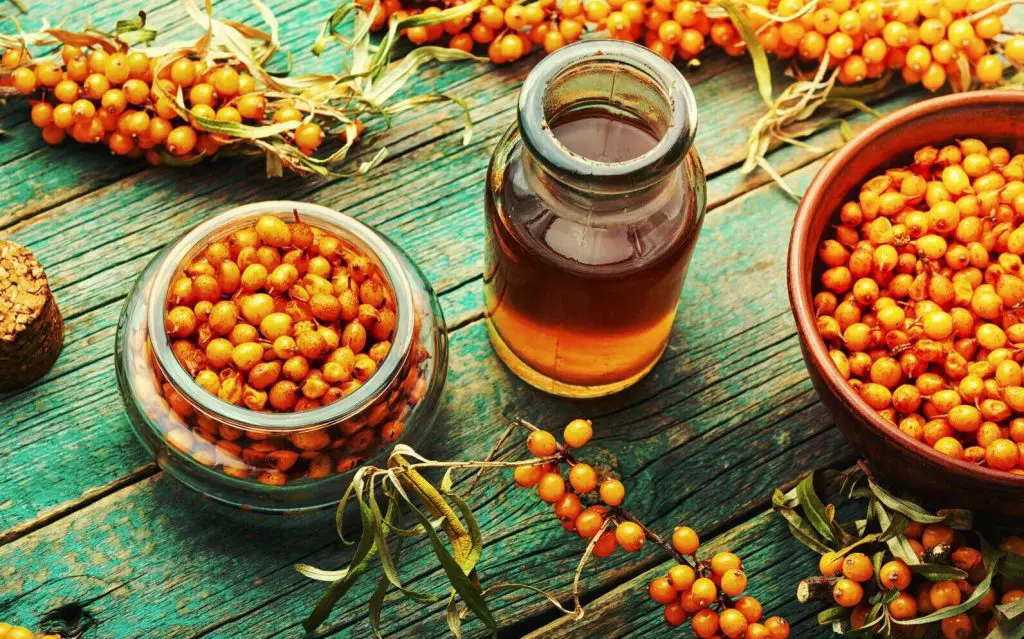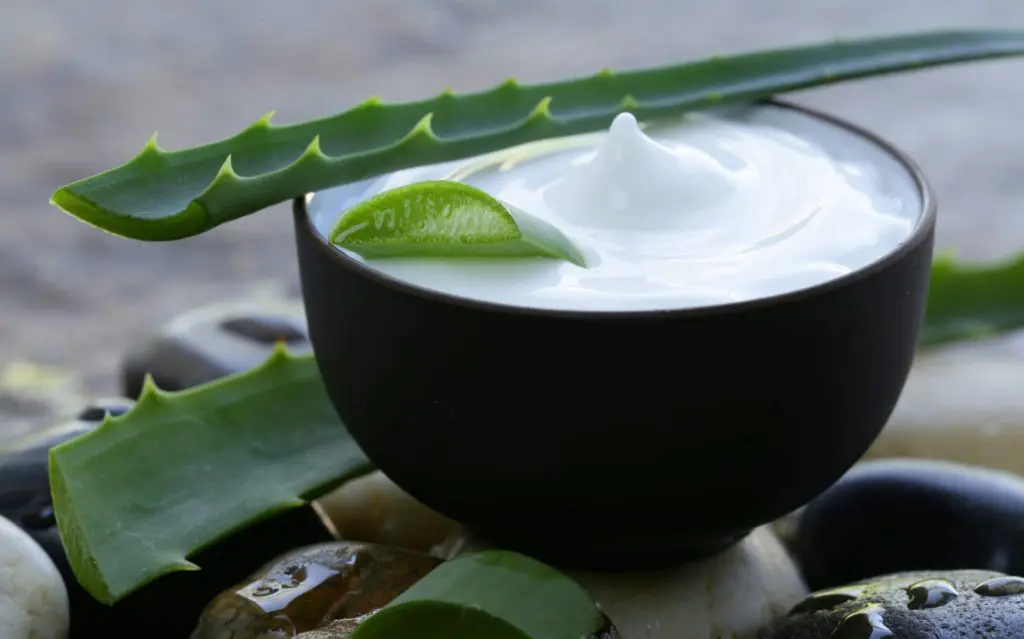There are many great reasons to use pomegranate oil in your natural skincare products, so many infact that is often called ‘the divine fruit’ because of its wonderful nutritional and beauty benefits. The fruit is known to be rich in antioxidants and health-benefiting nutrients, and has really increased in popularity the past several years due to its particular health benefits relating to heart disease and coronary improvements. Pomegranate is popular in the natural beauty industry, where the antioxidant and polyphenol-rich oil is treasured.
5 reasons to use pomegranate oil in skincare
Pomegranate oil is a wonderful addition to your natural skincare products.
- It is rich in antioxidants and polyphenols that give the oil natural protection qualities, shielding skin from UV and free-radical damage*
- It supports cell regeneration. Pomegranate oil regenerates and repairs skin, and effectively reduces and prevents wrinkles in the epidermis.
- It has antimicrobial properties.
- It is an effective anti-inflammatory agent.
- It has superior moisturizing ability, nourishing and softening skin.


Unrefined or refined? Which is best?
Pomegranate oil is derived from the fruit seeds, which are first dried before being cold-pressed. Unrefined or ‘virgin’, cold-pressed oil retains the highest level of beneficial phytoactive compounds, without any chemicals or solvents used in the process. Refined pomegranate oil is further processed, often by bleaching, deodorizing, or with the addition of solvents, which may also remove some of the favorable phytonutrients.
A high-performance oil
Pomegranate oil is considered a specialty carrier oil due to its high-performance effects on skin. It has a medium absorption rate and offers potent hydrating, softening, regenerating and protecting qualities. Being a carrier oil, it is safe to be applied on skin without dilution, however because of its richness and premium price point, it is often used at dilutions of approximately 5-15% in skincare formulations.
Pomegranate oil works well as an addition to serums, oils, creams, lotions, and balms for the face and body. Look for cold-pressed unrefined oils where possible, to ensure the maximum active ingredients and protective qualities have been retained.
Brief historical uses
Pomegranate has been cultivated and used by humans for hundreds of centuries, with documented use dating to the Babylonian era, several thousand years ago. As well as being a major food source, pomegranates often represent fertility and prosperity to different cultures of the world. The pomegranate has been used for centuries in Ayurvedic medicine to treat and relieve intestinal disorders, as a tonic for the heart and lungs, and to tone and slow skin aging.
Rich in vitamins and nutrients
Pomegranate oil is rich in vitamin K, and boasts an abundance of protective polyphenolic compounds such as punicic acid, flavonoids, anthocyanidins and tannins. Polyphenols are chemical compounds naturally occurring in plants. They offer protective qualities, such as neutralizing free-radicals from the environment before they are able to cause DNA damage in skin cells. Pomegranate oil is so rich in polyphenols, it actually has the ability to screen or absorb ultraviolet light, protecting the skin from damaging UV rays*.
Benefits for health and skin
Pomegranate remains recognized and valued as a popular and powerful nutrient-rich food source today. It is consumed for its vitamin-rich nutrients, protecting antioxidants and polyphenols, and the seeds are known to be high in dietary fiber. Pomegranates are also commonly used as flavoring and colorant – grenadine syrup, for example is made of the juice of pomegranates.
Pomegranates (or their extracts) are being recognized today as an effective nutraceutical in the health industry, with documented benefits for heart-disease, cancer, and high-cholesterol patients. Furthermore, pomegranate is being hailed as a potent anti-inflammatory due to it containing the compound CLA – conjugated linoleic acid. Pomegranate fruit or juice is consumed for its antioxidant qualities, while the seed oil is may be applied topically to skin for antioxidant protection.
Pomegranate oil boasts some wonderful skincare benefits! It is an effective moisturizer and softens the skin, while offering anti-inflammatory, antimicrobial, healing and nourishing qualities. Pomegranate oil regenerates and repairs skin, and effectively reduces and prevents wrinkles in the epidermis. The oil has natural protection abilities, shielding skin from UV and free-radical damage*.
* Please note that we don’t advise pomegranate oil as a replacement for sunscreen. Be sun safe and always protect your skin with a high factor SPF sunscreen.
Want to know more?
If you want a complete guide to making your own range of natural skincare products including facial serums, cleansers, toners, lotions and creams, check out our Certificate in Making Natural Skincare Products, which teaches you everything you need to know! A complete guide to making your own natural skincare range in an affordable and enjoyable online course, loved by students around the world. Join us and you’ll be creating professional, high-quality, natural products in no time – and having a great time while you’re at it!
References:
Caligiani, A., Bonzanini, F., Palla, G., Cirlini, M., & Bruni, R. (2010). Characterization of a potential nutraceutical ingredient: pomegranate (Punica granatum L.) seed oil unsaponifiable fraction. Plant foods for human nutrition, 65(3), 277-283.
Schubert, S. Y., Lansky, E. P., & Neeman, I. (1999). Antioxidant and eicosanoid enzyme inhibition properties of pomegranate seed oil and fermented juice flavonoids. Journal of ethnopharmacology, 66(1), 11-17.
Hora, J. J., Maydew, E. R., Lansky, E. P., & Dwivedi, C. (2003). Chemopreventive effects of pomegranate seed oil on skin tumor development in CD1 mice. Journal of medicinal food, 6(3), 157-161.
Quick guide to formulating with Vitamin C
Ready to start supercharging your skincare formulations with high-performance ingredients?
Sign up to our weekly newsletter and receive your free guide and Vitamin C antioxidant serum formula today. – an exclusive gift from us!

In our quick guide to formulating with Vitamin C you’ll learn:
- What is Vitamin C?
- What are the benefits of Vitamin C?
- What type of cosmetic is it suitable for
- Stable forms of Vitamin C and how to use them.
Plus we’ll share with you a Vitamin C antioxidant serum formula you can make yourself!
You’ll also discover the amazing benefits Vitamin C offers for the skin.



